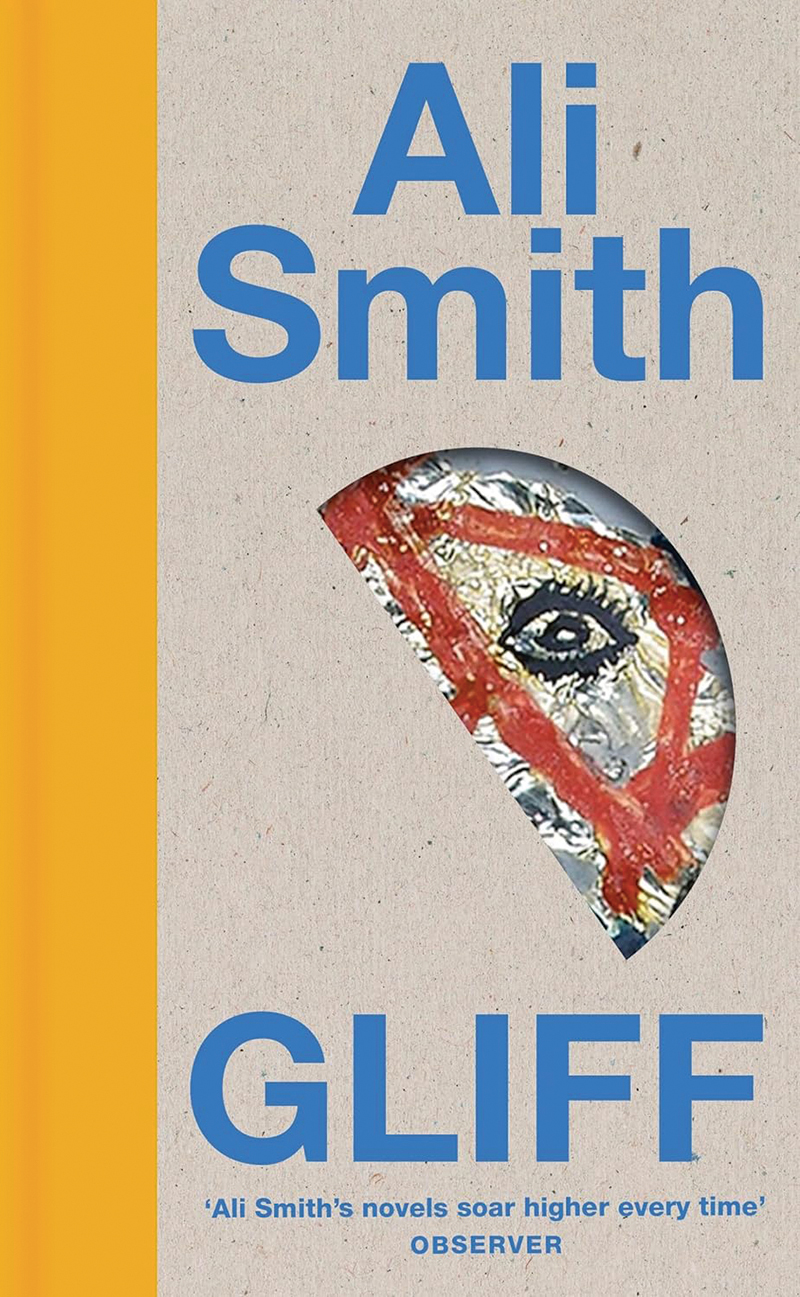Scottish author Ali Smith’s latest novel Gliff, is another magnificent book to be treasured. Set in all-too familiar Britain, Gliff is narrated by Briar/Brice, a whip-smart teenager of no defined gender. Briar and their little sister Rose are made unexpectedly homeless and parentless, a process beginning when they find a red border drawn around their house.
As they eventually discover, the surveillant government has demarcated their family as ‘Unverifiable’ – as it does anyone who falls outside of its recognised parameters – especially the poor and the placeless.
Get the latest news and insight into how the Big Issue magazine is made by signing up for the Inside Big Issue newsletter
Smith encapsulates the intensity of sibling relationships, and the ability of kids to call bullshit, as Briar and Rose attempt to escape the clutches of the state apparatus. They encounter comrades on the way, from horses set for abattoiring, to others who fall between bureaucratic cracks.
From workers on factory lines to communities seeking refuge, Smith honours the realities that exist for the vulnerable. In one fell swoop, her novel encompasses the interlinked oppressions that enable life in the global north, moving from climate destruction, mineral mining, child labour, detention centres and the opioid crisis.
If the story remains effervescent in spite of this wickedness, that’s because of Ali Smith’s ingenious, warm storytelling. With clever kindness, Smith speaks to the uprisings that are possible, when we collaborate in a divided world. Through defiant wordsmithery, Gliff glimmers with the perennial resistance that storytelling can offer, in mocking the establishment by opposing its tyrannical narratives.










